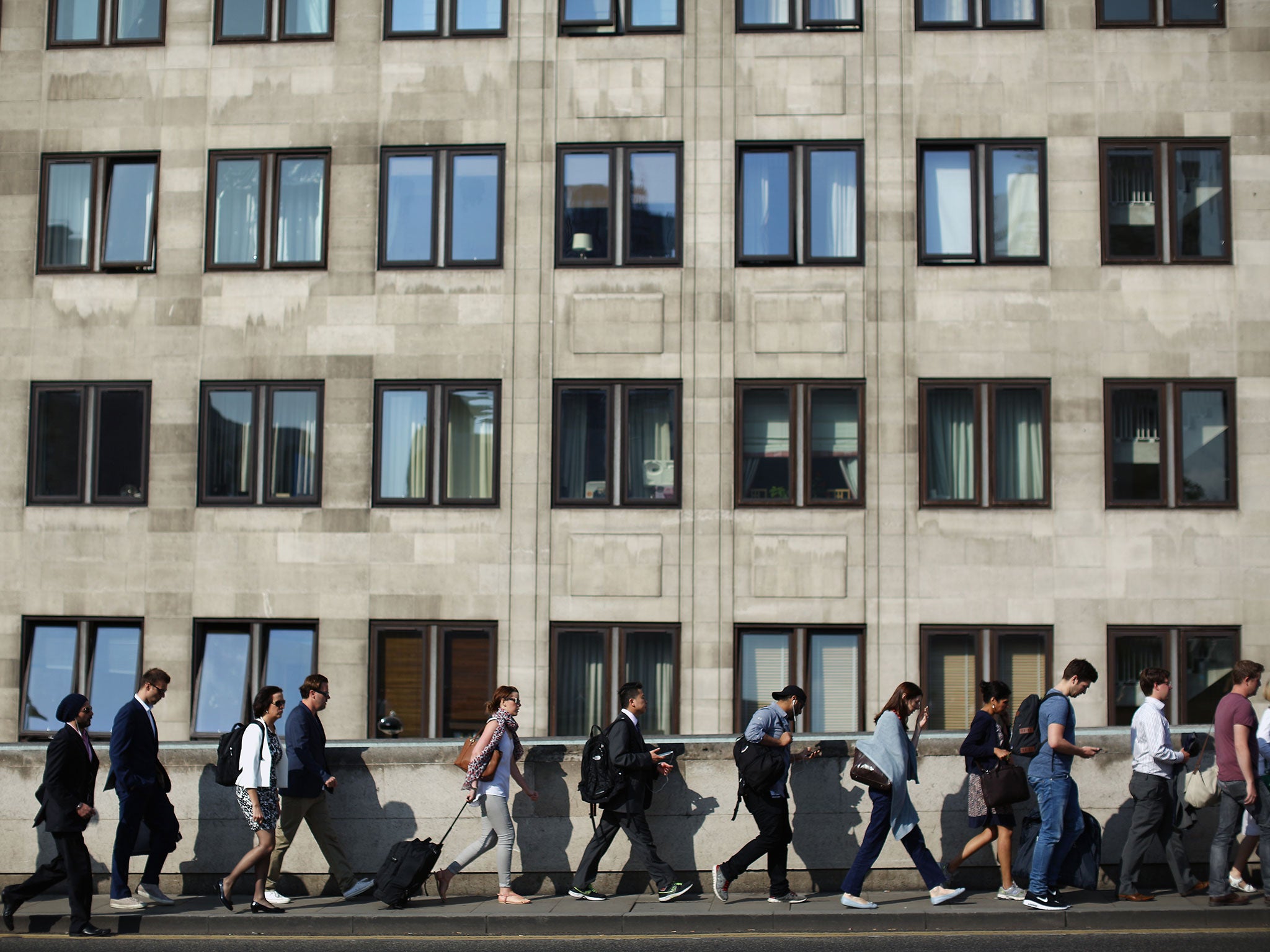One chart which shows how many hours people actually want to work every day
People in the UK have the fifth longest working week in Europe on average

Your support helps us to tell the story
From reproductive rights to climate change to Big Tech, The Independent is on the ground when the story is developing. Whether it's investigating the financials of Elon Musk's pro-Trump PAC or producing our latest documentary, 'The A Word', which shines a light on the American women fighting for reproductive rights, we know how important it is to parse out the facts from the messaging.
At such a critical moment in US history, we need reporters on the ground. Your donation allows us to keep sending journalists to speak to both sides of the story.
The Independent is trusted by Americans across the entire political spectrum. And unlike many other quality news outlets, we choose not to lock Americans out of our reporting and analysis with paywalls. We believe quality journalism should be available to everyone, paid for by those who can afford it.
Your support makes all the difference.To the envy of workers who graft from 9 to 5, Sweden has adopted a 6-hour working day, to increase productivity and happiness.
But a new study has revealed that UK workers could settle for a slightly longer 7-hour working day as the ideal.
Employers across Sweden have introduced the changes, according to the Science Alert website.
It is hoped that as people intensify but shorten their work day they will be able to better enjoy their private lives.

Toyota centres in the city of Gothenburg have worked to 6-hour days for 13 years. The company said its employees appear happier, it has a lower turnover rate, and has seen its profits increase.
Meanwhile, at 42.9 hours - amounting to 8.5 hours a day - the UK has the fifth longest working week in Europe, ahead of Germany at 13th place and France, which came in 25th place, according to Eurostat.
However, an OECD study showed that the UK has the 25th hardest workers out of 38 countries, placing it significantly below average. In the wake of the findings, a recent YouGov poll revealed that if workers could set their the hours they worked to maximise their productivity, they’d chose seven hours.
A YouGov poll on the same topic in the US showed that the majority also said a shorter worker day is more productive, but fewer people than in Britain choose up to 7 hours or up to 7.5 hours.
When the length of the working week was considered, 44 per cent of people in the UK said that 4 days would be the length of the ideal working week.
Join our commenting forum
Join thought-provoking conversations, follow other Independent readers and see their replies
Comments